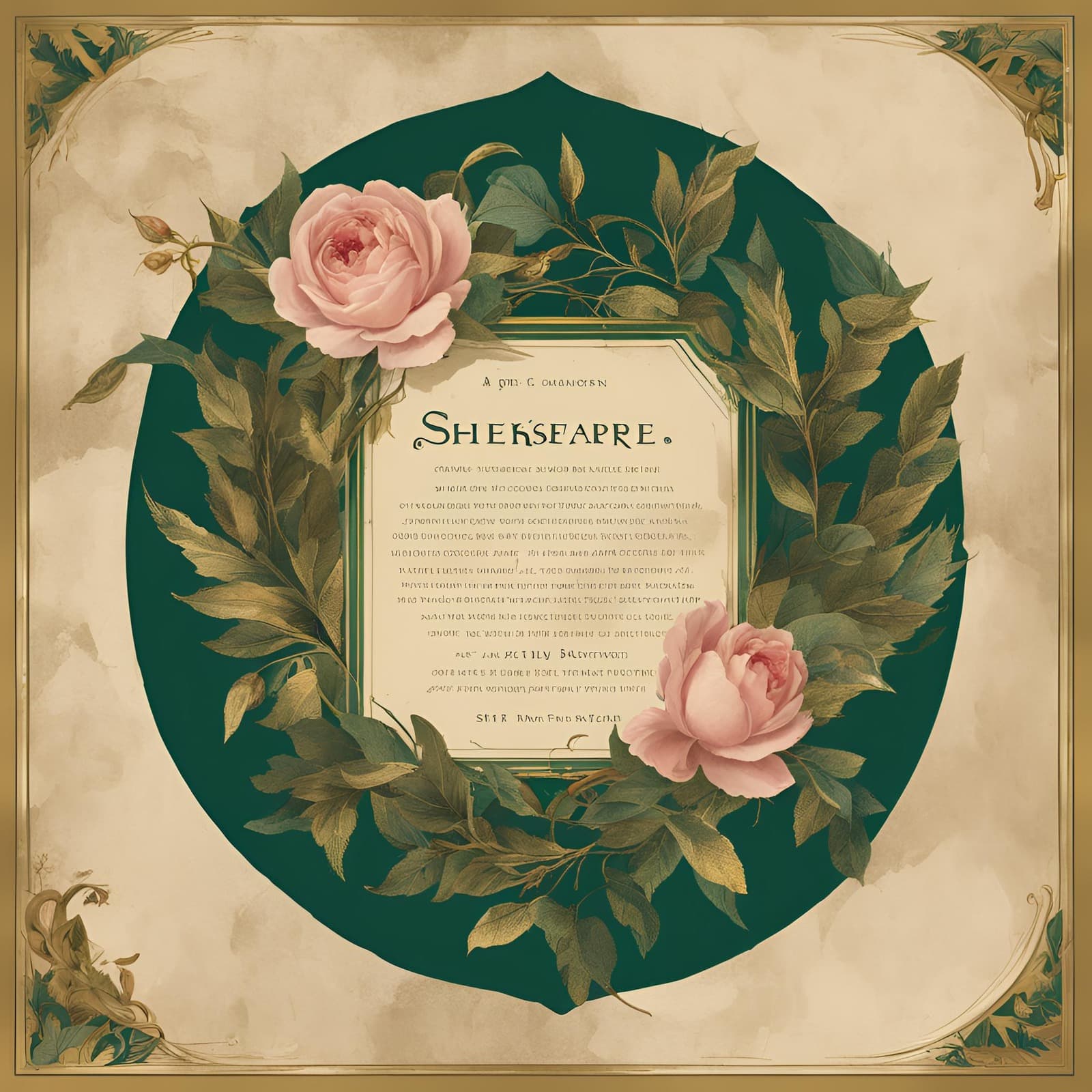莎士比亚十四行诗第95首 | 莎士比亚十四行诗
更新时间:1/19/2025, 12:32:31 PM

原文
How sweet and lovely dost thou make the shame Which, like a canker in the fragrant rose, Doth spot the beauty of thy budding name! O, in what sweets dost thou thy sins enclose! That tongue that tells the story of thy days, Making lascivious comments on thy sport, Cannot dispraise, but in a kind of praise; Naming thy name blesses an ill report. O, what a mansion have those vices got Which for their habitation chose out thee, Where beauty’s veil doth cover every blot, And all things turns to fair that eyes can see! Take heed, dear heart, of this large privilege; The hardest knife ill-used doth lose his edge.
译文
耻辱,像蛀虫在芬芳的玫瑰花心,
把点点污斑染上你含苞的美名,
而你把那耻辱变得多可爱,可亲!
你用何等的甜美包藏了恶行!
那讲出你日常生活故事的舌头,
把你的游乐评论为放荡的嬉戏,
好像是责难,其实是赞不绝口,
一提你姓名,坏名气就有了福气。
那些罪恶要住房,你就入了选,
它们呵,得到了一座多大的厅堂!
在那儿,美的纱幕把污点全遮掩,
眼见那一切都变得美丽辉煌!
亲爱的心呵,请警惕这个大权力;
快刀子滥用了,也会失去其锋利。
注释
诗人悲哀于美丽的爱友竟有不检点的行为,并教爱友当心耽溺的后果。——第一行:“蛀虫”,参看第35首第四行,第70首第七行。第二行“含苞”指出他爱友尚年青。第五行:“那……舌头”指流言传布者。第七行:这一句是反讽:你如此美貌,所以很容易摆脱被批评的困境。那批评简直成了赞美!第八行意谓:爱友的恶名,沾了他自己的美名的光,恶誉亦变成佳誉了。第九至十行:指罪恶选上了他爱友,居住在他身上,“厅堂”即指他爱友的美丽的身子。第十三行:“大权力”指他爱友有利用其美来隐蔽其恶的特权。